 felixmizioznikov/Getty Images
felixmizioznikov/Getty Images Editor’s note: Sixth in a series
Fifty years later and several of us were in the exact same place, doing the exact same thing: Protesting on the corner of Wilshire and Veteran in front of the Federal building. Recognizing one another among the crowd, we gravitated together. As serious as we were about the issue that had drawn us there, we couldn’t stop laughing.
We had been teenagers and early 20-somethings on this corner many times, decked out in bell bottoms and psychedelic T-shirts rallying for and against all sorts of issues. The Viet Nam War. Freedom for Soviet Jewry. UN Resolution 242 equating Zionism with racism. Marching in solidarity with Cesar Chavez’ United Farm Workers. And raging as loud as we could about the massacre at Kent State. But now we are the old people we never imagined we could become. Boomers were supposed to be the forever young generation.
This time, what brought us to this corner on a Sunday morning was Israel’s new government and what we believe are its anti-democratic policies. We had been encouraged to show up by UnXeptable, a group of Israelis living in cities around the world organizing weekly protests from Sophia, Bulgaria to Los Angeles.
Within minutes, the discussion between us quickly transitioned from what we were protesting to our aging vulnerabilities. One of the people was miraculously a lung cancer survivor. Another was a divorcee who doesn’t want to live life out being alone. Having lived many years, we spoke not only of our joys but also of the struggles and challenges we had experienced that we could never have imagined in our teens and twenties. We also exchanged information speaking of the people we once knew who are no longer here to protest. Sadly, these are the conversations that cannot be avoided these days.
The question was no longer about the world we wanted to live in, but what kind of world would we help leave behind.
In our teens and twenties, we had a whole life time spread out ahead of us, filled with hope and dreams. Today, we know that time is not on our side. We were there now to help pave the way for a future we most likely won’t see. The question was no longer about the world we wanted to live in, but what kind of world would we help leave behind.
Considering that my generation helped create the world we are living in today, on the drive home I wondered if I had already had the chance to make my voice heard. Did it make a difference that I, at age 71, was there? Should I have been there at all? Was I an irrelevant activist?
Irrelevant? That word strikes a sensitive chord. With each gray hair, I feel in our youth-obsessed culture, and particularly our next-gen focused Jewish community, there is a larger and larger label being affixed to my forehead flashing, “Irrelevant. Irrelevant.” (Unless, of course, you’re a wealthy donor, but that’s for another column.)
Today, given the changes in the economy, there is also a professional pressure that as you age, you must let go and consider stepping aside to yield your place to a younger generation. But does that expectation also hold true for activism? Should Boomers be stepping aside and let a new generation take on causes and protests? Or is this indeed when an older generation is needed to show up with a strong voice, demonstrating that the responsibility to help create change never ends?
Maybe we older folks are just bodies to be counted at a protest? Or do we have experience and wisdom to bring to the table? Should we be encouraging our adult kids to attend? Would they feel it is an additional expectation placed upon them in a world they already can’t keep up with? And besides, many in their generation don’t feel the deep attachment to Israel that we did.
After all these questions, I finally asked myself what I had learned from these protests both in Israel and the smaller ones around the world. In this younger generation, so much of their life, human interaction, teaching, spiritual needs, finding a mate, business, and exchange of knowledge and opinions, takes place online. But they have proven that to make serious societal change, the passion, urgency and conviction grows by motivating the masses to get off their screens and get out into the streets. Just like before the Internet.
Just like we did when we were their age. While the world has changed, human nature hasn’t.
Gary Wexler woke up one morning and found he had morphed into an old Jewish guy.
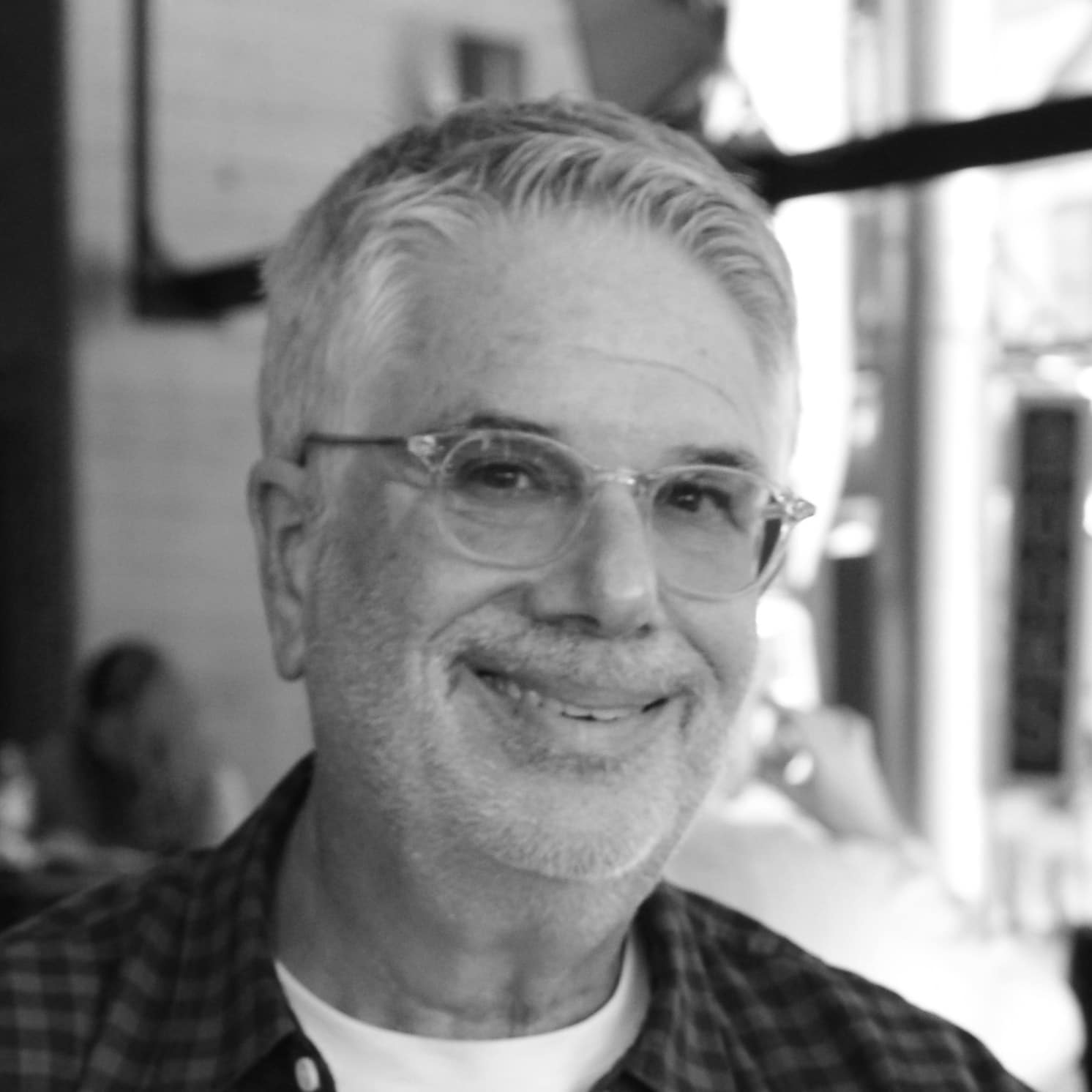







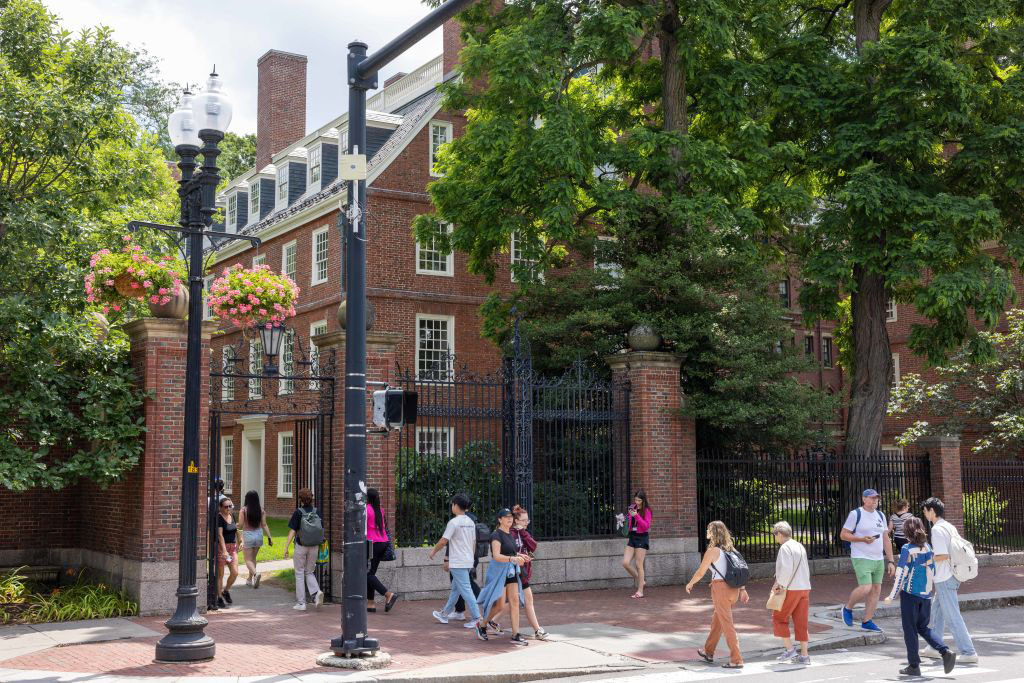
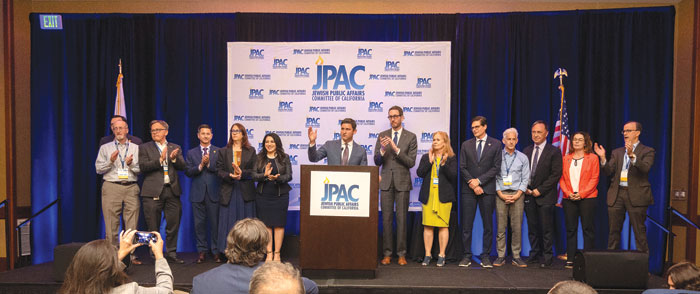

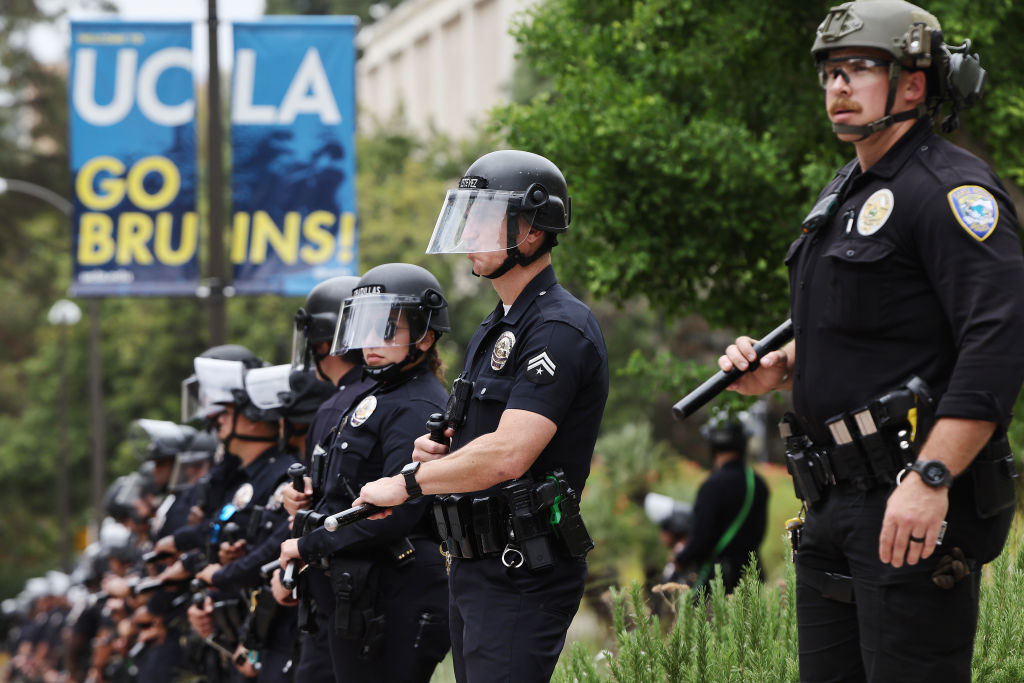


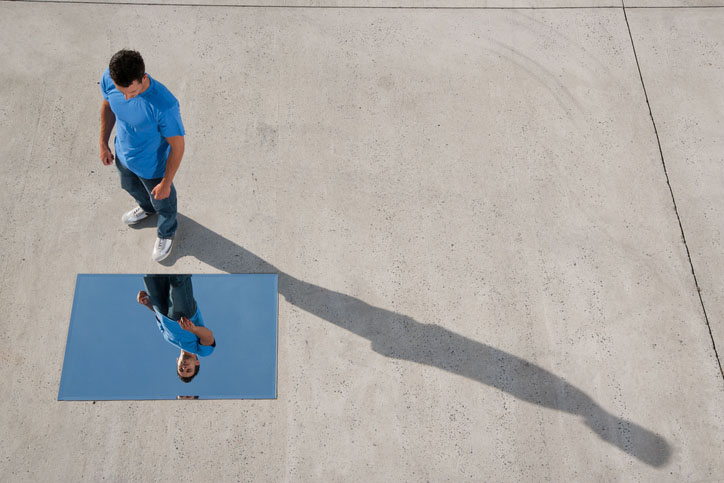
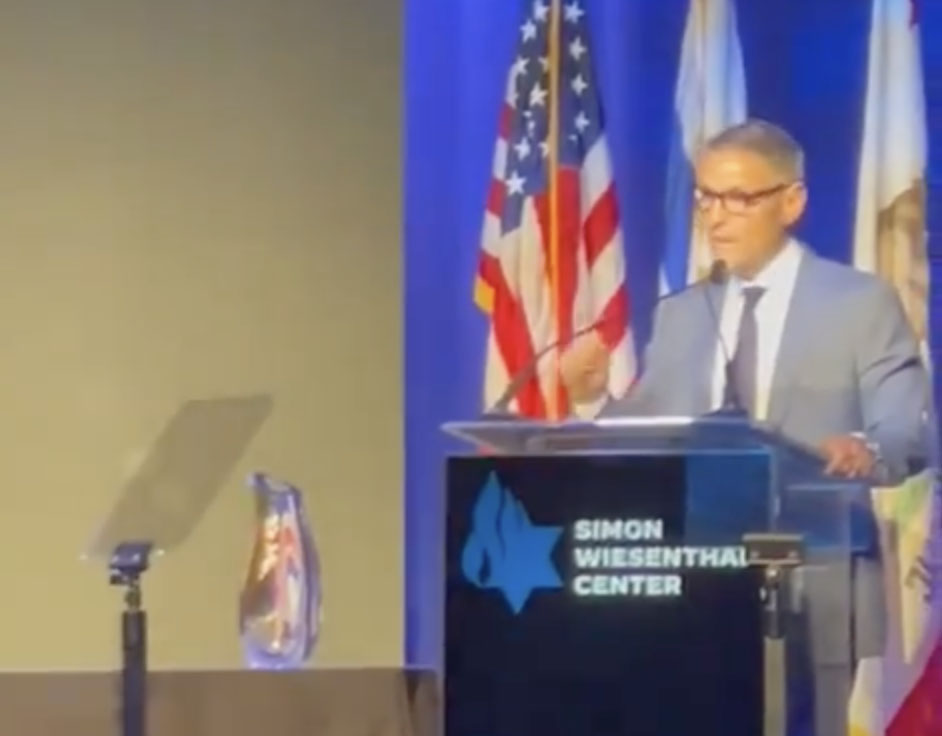






 More news and opinions than at a Shabbat dinner, right in your inbox.
More news and opinions than at a Shabbat dinner, right in your inbox.